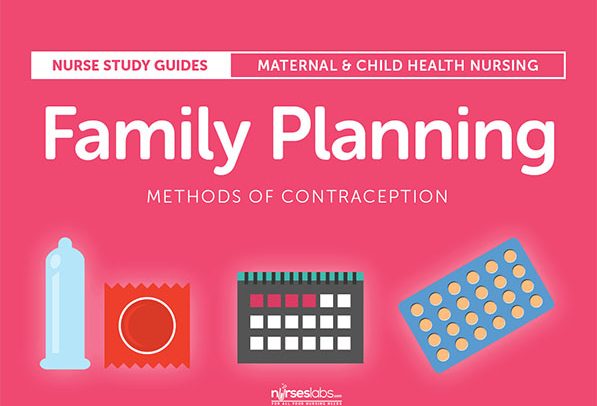Results of a pilot study, conducted on the inclusion of Family Planning (FP) services in the National Health Insurance Scheme (NHIS) benefits package, have shown the initiative would help save the lives of women.
The study estimated that by removing the cost of accessing family planning services, some 228 maternal deaths, 1,248 child mortalities and 37,725 unsafe abortions could be averted.
It further indicated that including FP in the NHIS benefit package would help improve the uptake of contraceptive methods among women.
Project Manager of the Pilot study, Dr Stephen Duku, at a dissemination workshop in Accra, said the initiative led to an increase in the uptake of Long Active Reversible Contraceptives (LARCs) and a decrease in Short Active Reversible Contraceptives (SARCs).
He said the combination of all three interventions made up of Cost Removal, LARCs Training and Demand Generation, were found to be significantly associated with increased uptake of both LARCs and SARCs by insured women.
Dr Duku said with FP on the NHIS benefit package, the government was assured that for everyone dollar invested, four more dollars would be saved through the uptake of the various contraceptive interventions.
However, the findings showed that Out -of-Pocket Cost removal alone may not lead to expected increase in LARCs uptake by the insured, but it must be completed with a sustainable demand generation and LARCs training.
FP Study
The Ghana Health Service (GHS) initiated a two-year pilot project to include FP in the benefit package of the NHIS in seven districts of the country.
The districts were Upper East-(Bolgatanga and Bawku West), Ashanti (Obuasi Municipality), Volta (Adaklu) and Central (Ekumfi, Mfantseman), and in three control districts involving Upper Denkyira East and West, as well as in Mamprusi West.
The study was thus conducted in the seven districts, to identify the key process learning from the FP pilot, by understanding what people wanted to know about the various contraceptives, to generate evidence on cost as a barrier to uptake, identify and generate evidence on other barriers, and generate evidence on the cost implications to the NHIS on the effective inclusion of FP in the benefit package.
Key recommendations made by the researchers were that FP should be included in the NHIS benefit package nationwide in phased implementation.
It also said LARCs capacity building and demand generation should be incorporated in the nationwide roll-out, while insisting that commodities should be procured by government at the national level and distributed through the GHS channels.
By Jamila Akweley Okertchiri


